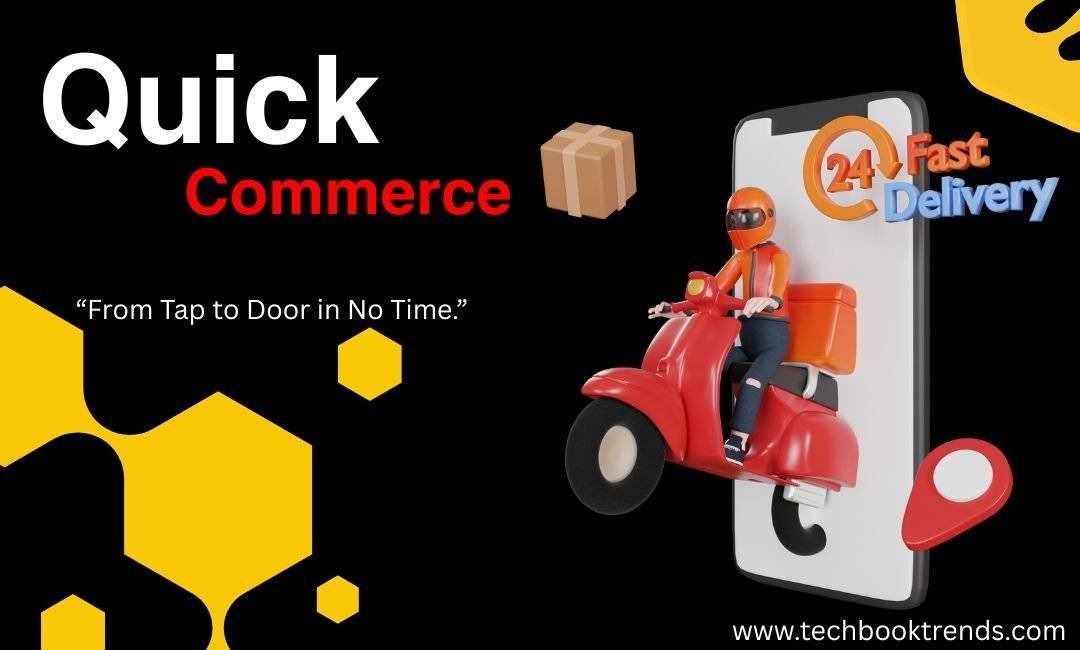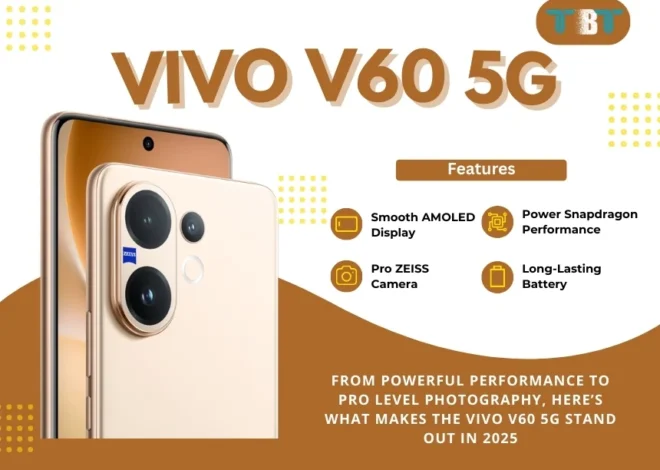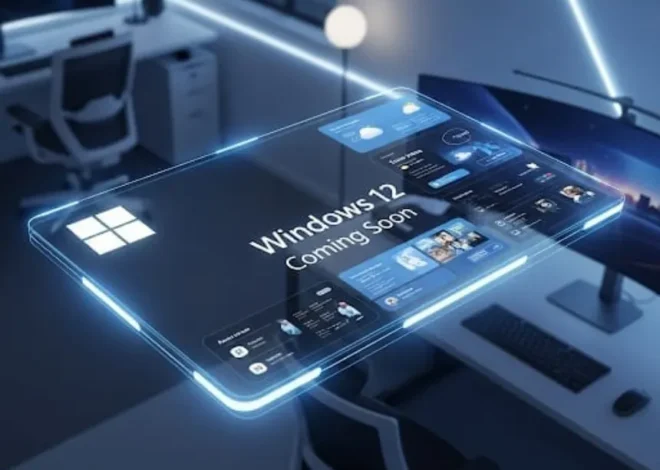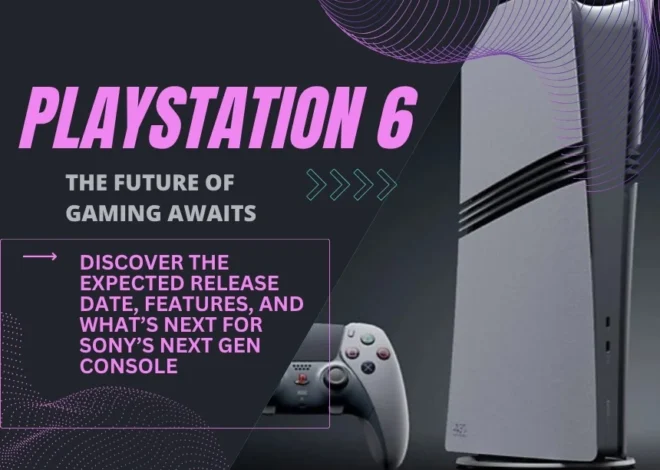
Quick commerce: A novel way of shopping.
Quick commerce meaning.
Quick commerce is a new form of delivery service in which companies provide goods in a very short time frame, generally less than an hour.
It generally covers food items, but now companies are providing goods and services like medicine, groceries, and electronic appliances.
Its market capitalization is more than 5 billion dollars. A promising industry, with even greater competition, is often stylized as Q-commerce.
History of Quick commerce.
Quick commerce, in its current definition, was started by Kozomo. They claimed a one-hour delivery window, but ultimately failed. Due to their unsustainable approach,
Many other companies also started in the same era, and they failed due to poor business designs.
Later, in the 2010s, we saw the advent of Grofers. They promised grocery delivery within 90 minutes. Though initially successful, they also failed to capture the market.
A successful strategy was used by Amazon when it launched same-day delivery.
Meanwhile, pizza companies were delivering their pizzas within 30 minutes. Hence can be considered a kind of Q commerce.
In the COVID-19 pandemic, quick commerce saw a major boom. Several Commerce startups emerged and are still growing with promising speed.
In the US, Doordash became a prime startup in this field because of the expansion they did.
Quick commerce Benefits.
This commerce has tons of benefits.
- Convenience: Starting with the convenience of ordering from home, and a wide variety to choose from. They take orders on almost everything from groceries to electronics and food items.
- Speed: Speed is the essence of the industry. You get your deliveries within an hour, or in some cases within minutes.
- Eco-friendly: They eliminate your need to visit the market or grocery store. Which reduces your carbon footprint significantly.
Packagings used by them are recyclable and eco-friendly.
- Competition: These startups are often competing for market space, in turn fuels innovation, and the best professionals are attracted towards them.
Cons of Quick commerce.
1. High Costs
Companies need dedicated stores in cities to operate. These stores and delivery personnel raise expenses.
2. Limited Selection
Quick stores are pretty limited. With a stocking capacity of 2,000 items. Which cannot compete with more than 50,000 items in supermarkets.
3. Profit Challenges
Due to cutthroat competition, there are always Discount wars, which in turn hurt margins. Low margins drive out many businesses.
4. Traffic & Pollution
They employ more delivery vehicles. Hence, they are at the forefront of driving violations, and they clog cities.
5. Tech Dependence
The Demanding nature of software causes Glitches. Which in turn causes stockouts, frustrating users.
Quick commerce numbers
Let us look at some commercial numbers in the field.
Q commerce has shown fast growth worldwide. The global market crossed $100 billion in 2024.
Quick industry is expected to get more than $100 billion in 2025 at a 25% CAGR. After that, in 2029, it will cross $300 billion at a 25.0 % CAGR.
United States
By this year, Q-commerce will reach $8 billion in the US. Here we can see growing to almost $15 billion by 2032 at an astonishing rate of 8%. With stars like DoorDash carrying the market.
GCC (Gulf Cooperation Council)
For the Gulf, it is valued at more than $2 billion in 2025. With analysts projecting it to grow by 35%, to go over $22 billion by 2035..
India
India is the breeding ground for quick commerce. The transaction increased five times to $7 billion in the last year.
In 2023, quick commerce had a market share of less than 1 % in India’s grocery market.
This figure may reach more than 2 % by 2028, with a booming $40 billion market.
Investment and Scale
An Indian startup, Zepto, was given more than a billion in funding, with its own valuation crossing $5 billion.
Reliance Retail aims for $6 billion in quick-commerce sales in 2024.
That base grew from just $100 million in 2020.
Future of Quick Commerce
- Tech Integration: The prospect is using ML algorithms for demand forecasts. Other ways are using drones for deliveries.
- Expansion: Reaching Smaller cities and suburban areas. And incorporating new categories (electronics, luxury).
- Hybrid Models: The dedicated stores can be used as pickup hubs.
- Sustainability Focus: These startups must focus on sustainability by deploying more Electric vehicles. Also, use recyclable packaging to deliver.
- Market Growth: Global revenue to hit more than $250 billion by 2029.
Relation with E-commerce.
Similarities with E-commerce
- Both of these commercials are built around convenience.
- They are heavily reliant on technology to process.
- Focus on all demographics
- Many Startups are either part of or related to e-commerce.
Quick commerce vs. e-commerce
Differences
- It is built for speedy deliveries, While E-commerce is in no hurry.
- Margins in e-commerce are very high compared to their faster versions
- E Commerce can provide heavy discounts without much loss, which Quicks cannot.
- Operational costs are much higher than e-commerce.
- High use of ML and AI to predict user behaviour is required. While in e-commerce, not much is used.
Final thoughts
Quick commerce is going to be a major way of obtaining goods in the future. The Q Commerce industry is still growing, and there are no signs of it slowing down.
For consumers, lightning-fast deliveries are a game-changer. Businesses get to deliver and earn faster. While startups have to stay on their toes to keep up with the trend. Which will fuel the competition and drive innovation. Harness the power of Quick Commerce and make your lives easier.
Frequently Asked Questions
Ans: Quick commerce is a way of providing groceries and other household items within hours or minutes.
Ans: Quick commerce has various benefits, including Faster delivery. Convenience of ordering from anywhere.
Other than these, you get eco-friendly delivery options. Businesses can make sales in less time.
Ans: At the moment, the current market valuation for Quick commerce sits above $100 billion.





One thought on “Quick commerce: A novel way of shopping.”